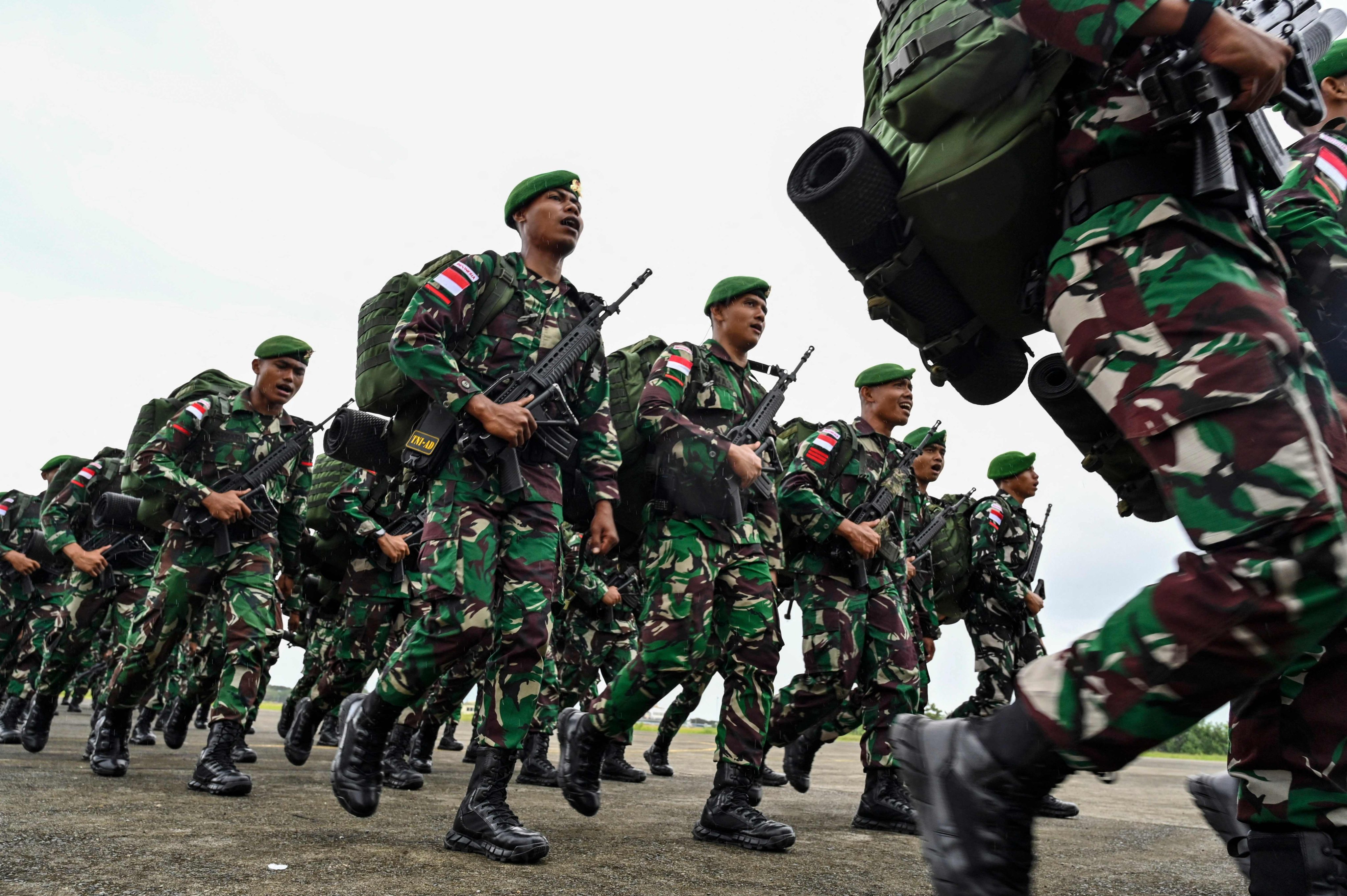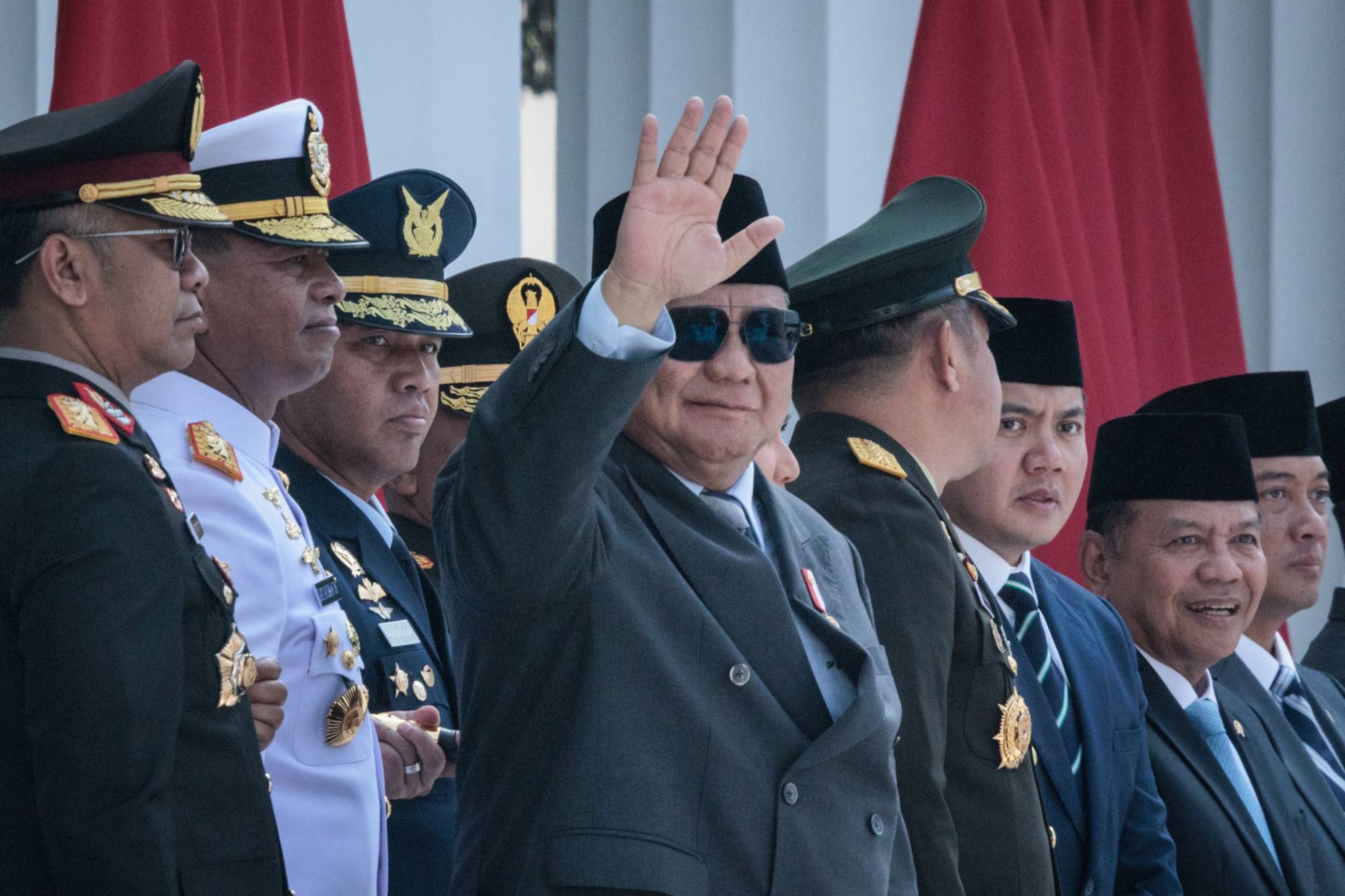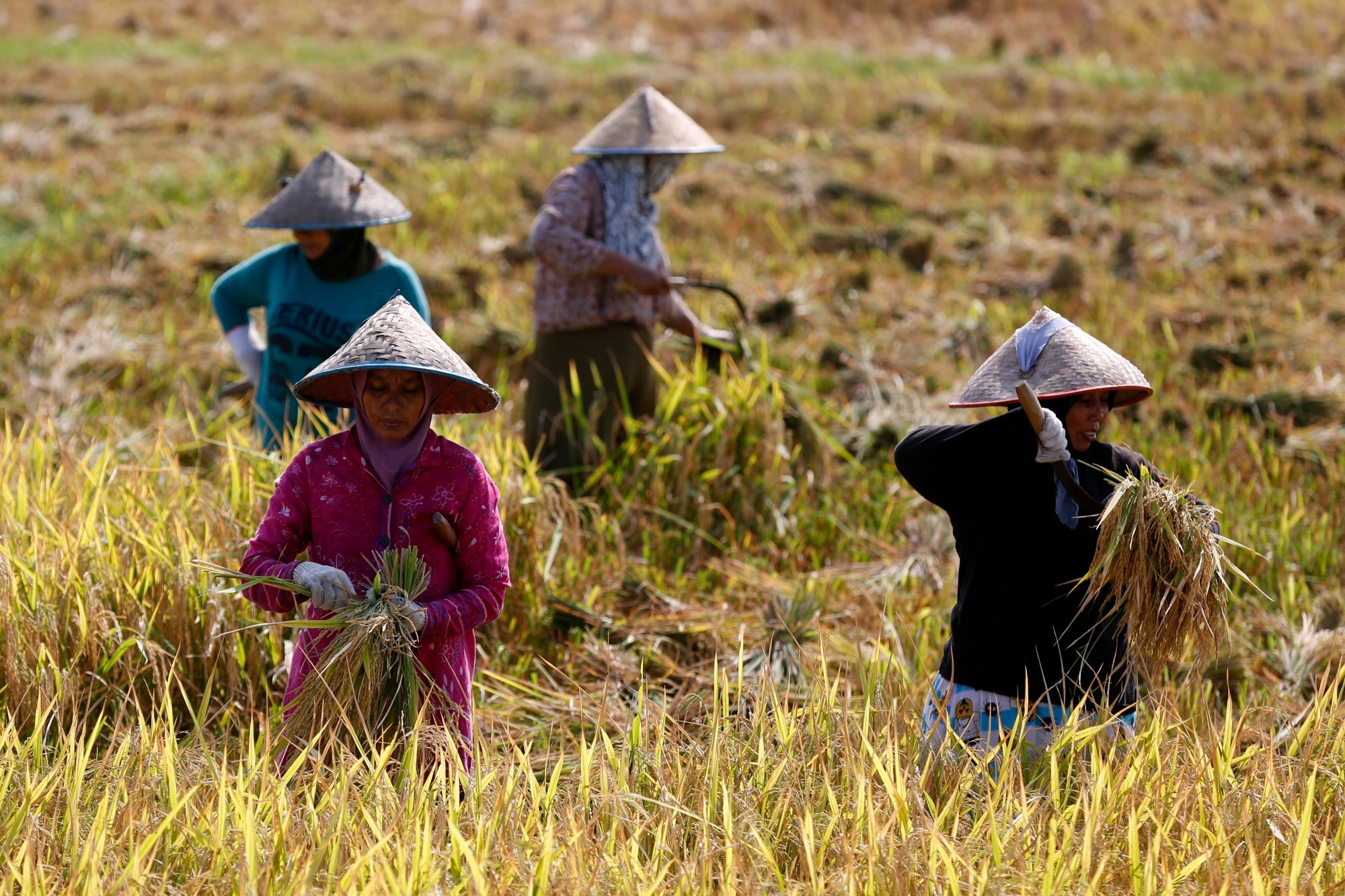Indonesian military’s foray into medicine-making rekindles Suharto-era ‘trauma’
The military’s partnership with a government agency raises fears that it is reviving its Suharto-era heavy involvement in civilian life

Indonesia’s military will soon begin producing low-cost medicines to boost rural healthcare access, prompting critics to warn that such a move could lead to its heavy involvement in local governance, just like it did during the country’s authoritarian past.
Under an agreement signed on July 22 by Defence Minister Sjafrie Sjamsoeddin and the National Agency of Drug and Food Control (BPOM), army, navy and air force laboratories that previously produced medicine for service personnel will begin making drugs for distribution to citizens in rural and other areas across Indonesia.
Production would begin in October, with the medicines to be sold in villages at half their retail prices, Sjafrie said. “We are thinking of ways to lower the price even more so we could provide free medicines,” he told reporters.
Taruna Ikrar, head of BPOM, said the military’s participation could help stem the distribution of illegal or counterfeit drugs, particularly in underserved areas.
However, rights groups argue the move is legally questionable, as Indonesia’s military law prohibits active-duty soldiers from holding civilian business roles. Critics also see the deal as part of a wider effort to involve the armed forces again in local governance under President Prabowo Subianto, who was formerly a general and the country’s defence minister.
Azifah Astrina, a lecturer in the politics and government department at Universitas Gadjah Mada, said Indonesians “have every reason to be deeply concerned” as the agreement was “not an isolated policy adjustment”.
Rather, it reflected a broader strategy by the current administration to “reintegrate the military into civilian life under the guise of administrative necessity or national security”, Astrina said.
“This is a clear deviation from the spirit of the 1998 reformasi, which aimed to build a professional, apolitical military that focused solely on national defence and operated under civilian supremacy. The military’s expanding role in civilian sectors must be viewed as a potentially dangerous civil-military rollback that could weaken democratic governance and re-politicise the armed forces,” Astrina said.

In 1998, Indonesia underwent a period of significant political and social upheaval known as reformasi, which saw the end of Suharto’s 32-year authoritarian rule, triggered by a severe economic crisis and popular protests.
Against the backdrop of the Asian financial crisis, Indonesia’s student-led protests later merged with broader social movements to demand political, legal and military reforms.
The country strove for a greater degree of separation between its civilian government and the military. It initiated changes including the elimination of the armed forces’ representation in parliament and a push to reduce the number of active-duty military officers holding civilian positions.
While the government might justify the new agreement as part of “national resilience” or public health preparedness, Astrina said that given the lack of a health emergency currently, the move was “not only legally questionable but also politically suspect”.
It also raised fundamental questions about “the erosion of military neutrality” and the risk of expanding the army’s influence into public sectors where civilian institutions were already in place and should be empowered instead, Astrina added, referring to the BPOM, the health ministry and the National Research and Innovation Agency as examples.
Unhandled type: inline-plus-widget {“type”:”inline-plus-widget”}
Karl Gading Sayudha, a defence analyst at public affairs firm Kiroyan Partners, which specialises in Indonesian security, defence and geopolitics, said the defence ministry and the military were known to be actively involved in the healthcare sector through a wide network of military hospitals.
This situation could be “leveraged” to expand the military’s healthcare services into large-scale medicine production, he noted, adding that the distribution of these medicines could potentially be carried out through one of Prabowo’s social initiatives called the merah putih cooperative (koperasi).
The initiative is aimed at establishing 80,000 rural co-operatives to bolster trade in villages, strengthen food security and reduce poverty.

“This, of course, may serve as a means for the military to support Prabowo’s grass roots programmes and help him maintain his popularity among the public,” Sayudha said.
Nonetheless, it is still too early to conclude that the military’s new role means it will control drug production and distribution through its “militaristic chain of command”, according to Sayudha.
“One could argue that the plan reflects inter-agency cooperation aimed at serving the public good,” he explained.
With no clear indication on whether the government would appoint active-duty military officers to leadership positions within BPOM, Sayudha said retired military personnel might be appointed to fill the roles instead.
Such a move could still be controversial and the Indonesian government must ensure that medicine production led by the military would meet national and international pharmaceutical standards, Sayudha said. “It must prevent any potential monopolisation of the drug sector by the military at all costs,” he added.
A former defence minister and special forces commander, Prabowo has expanded the powerful military’s role in civic affairs since coming to office.
In March, Indonesia’s parliament, which is dominated by Prabowo’s coalition, passed a revision to a military law to allow more civilian posts to be occupied by soldiers, sparking protests by student and activist groups.
This is not a hypothetical dangerAzifah Astrina, Universitas Gadjah Mada lecturer
While “national resilience” and bureaucratic efficiency were often cited for these revisions, Astrina said they risked “rolling back hard-won democratic gains”.
“These moves remind us of Indonesia’s authoritarian past, where the military held disproportionate power, stifled dissent, and governed civilian affairs,” she said.
“This is not a hypothetical danger,” Astrina said, pointing out that the legal changes were significant in bringing about the institutionalisation of military presence in the civilian sphere, and they “pave the way for broader military involvement in public administration and policymaking”.
“These trends are especially alarming under a regime that continues to frame national challenges in securitised terms, often invoking vague or exaggerated threats to justify military solutions to civilian problems,” Astrina said.
During the New Order era under Suharto, the military wielded significant influence across Indonesia. This stemmed from its involvement in the 1965 coup that brought Suharto to power, allowing it to play a key role in politics and suppress political opposition, often resorting to violence and human rights abuses.
However, Sayudha argued that the military’s expanded role could also reinforce its image as a “useful” institution during an era of peace. The government saw value in getting the military to help implement populist programmes, and ensure that policies would be carried out effectively from the national level down to local communities, he added.
“Unlike most civilian institutions, the military has a widespread presence across the country and, thanks to its top-down command structure, can ensure uniform implementation,” Sayudha said.
However, he warned that the government must ensure the military “respects its boundaries to avoid triggering public backlash”, especially given the “lingering trauma” from the New Order era.
“Any future overreach beyond its defined role may not be welcomed by a society that has grown more progressive and vigilant about democratic norms,” Sayudha said.